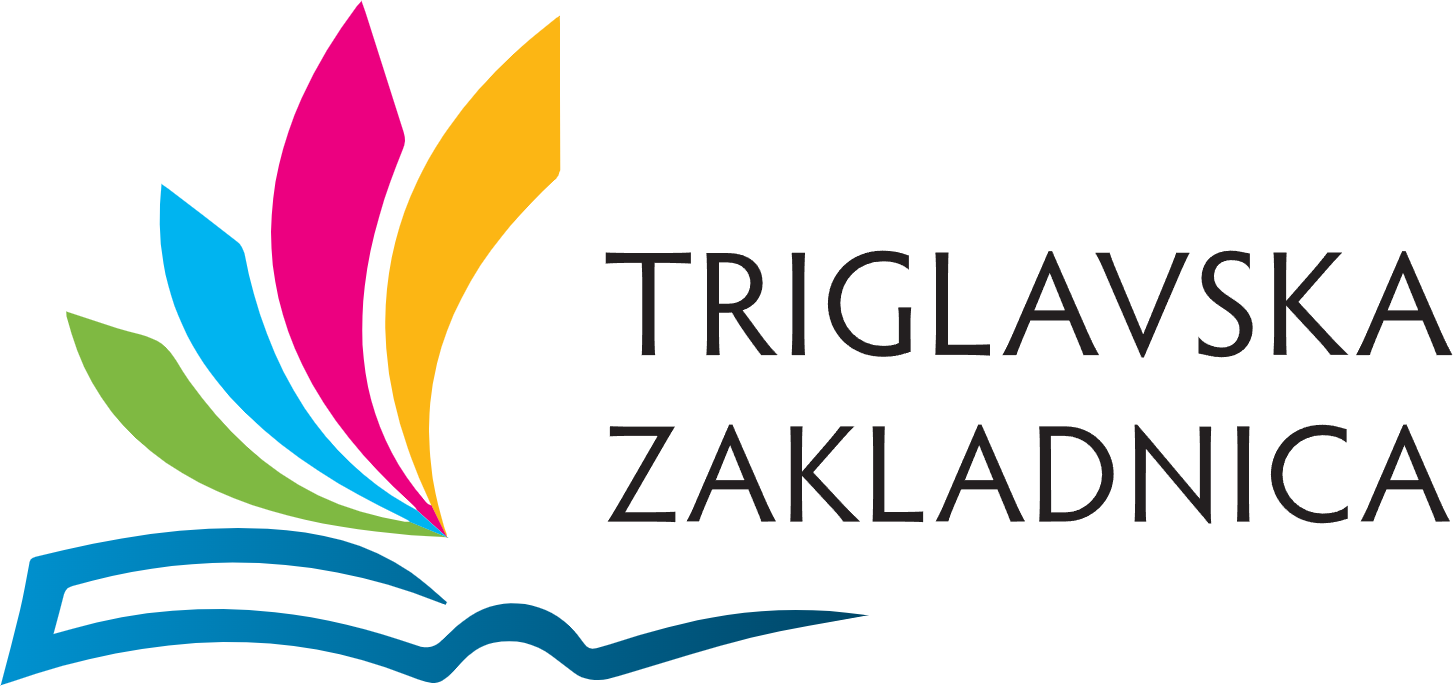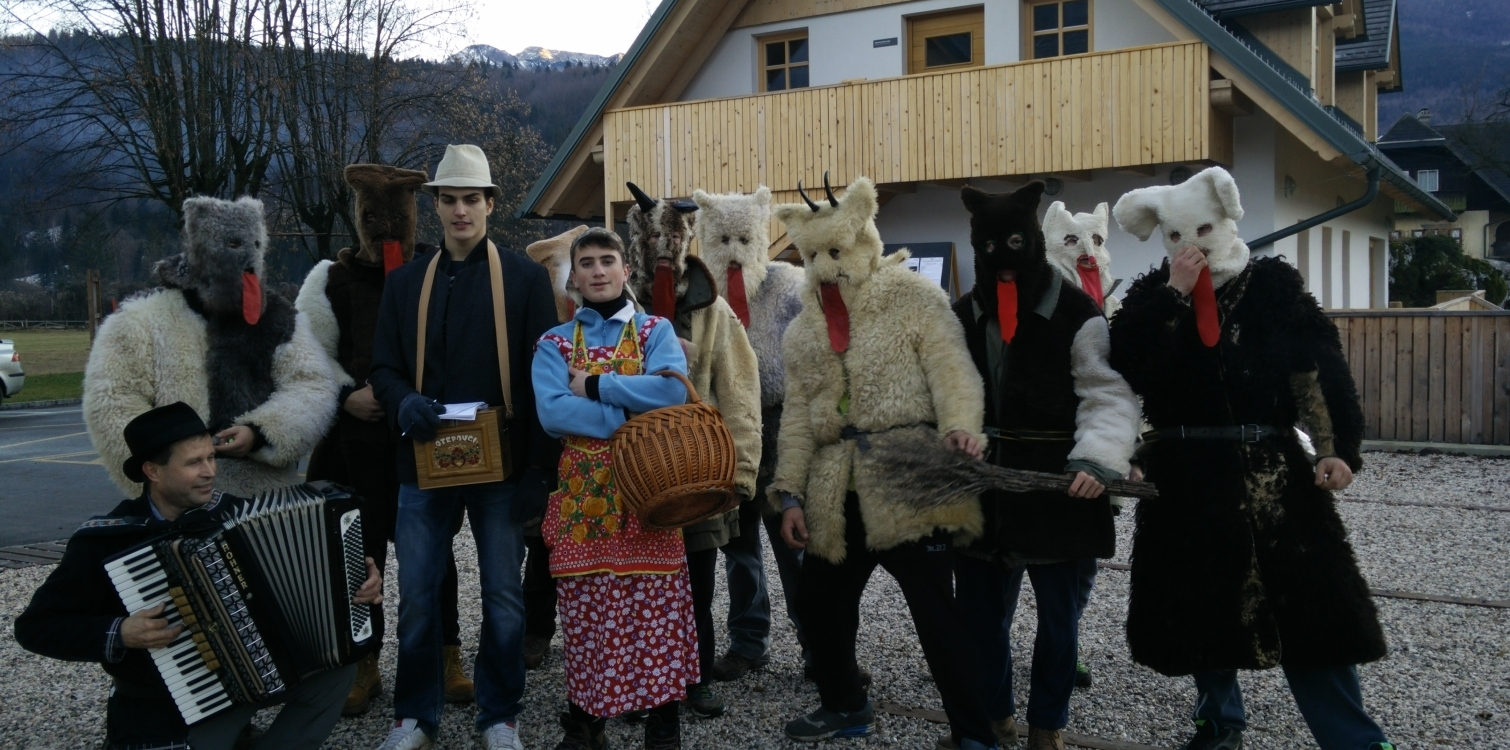Otepovci and the custom of "otepanje" are an old tradition specific to the villages of the Upper Bohinj Valley: Stara Fužina, Studor, Srednja vas, Češnjica, and Jereka. Masked boys go from house to house in the village, wishing for luck and health, and collecting gifts such as sausages, eggs, and money. The customs of otepanje vary from village to village.

The tradition has been preserved through the centuries, though the original bandits were replaced by young men who were about to begin their compulsory military service in the coming year. Before joining the army, they would celebrate and entertain the locals, who rewarded their visits according to established customs. Today, the ritual has changed only slightly, and the participating young men are no longer bound by conscription.
In Stara Fužina and Studor, the Otepovci visit the village on St. Štefan's Day, December 26th, while in the villages of Srednja vas, Češnjica, and Jereka, they perform on New Year’s Eve, December 31st.
Each village has its own Otepovci, with different characters, roles, and costumes. Typically, the Otepovci assign roles among themselves before performing, preparing or creating costumes, and are often accompanied by an accordion player. For example, in Stara Fužina, the figures include mêr (also known as notar), the broom (the sweeper), baba s košaro (the woman with a basket), tist', ki babo podpira (the one who supports the woman), trogar (the one with the pitchfork), tist' z ražnjem (the one with the skewer), tist', ki dnar pobira (the one who collects money), and members without specific names.The group is led by mêr, who is accompanied by a zapisnikar (recorder). They wear ordinary clothes—such as a coat or leather jacket. The villagers are wished a happy New Year and gifts are collected, which the recorder carefully notes. The other members are dressed in sheepskins, with masks over their heads with cutouts for eyes and mouth. Each character plays their part: for instance, the metlar (the sweeper) sweeps in front of and behind the Otepovci, though he sweeps very poorly, while the "baba" collects eggs in her basket, and the one supporting the "baba" actually supports her.
You might think that the tradition of otepanje is just a variation of caroling, but it’s not. Carolers would ask for gifts; they sang in front of houses and waited for the doors to open so they could be given treats.
The arrival of the Otepovci is usually loud and cheerful. If someone happens to refuse them entry, they might make fun of the person. However, they are generally welcomed, as they bring good luck.
DID YOU KNOW?
-
In Studor, the boys initially did not wear masks for the otepanje tradition, except for the mask of the baba s košaro (the woman with a basket). Masking started later on.
Thank you.

